Pacific Islands
Time to visit the Sustainable South Pacific
Coming out the other side of a pandemic is the perfect time to show appreciation for what the Pacific has to offer and support the region’s resorts so they can continue with a range of environmental initiatives from tagging manta rays to saving iguana. By Deborah Dickson-Smith.
July 16, 2020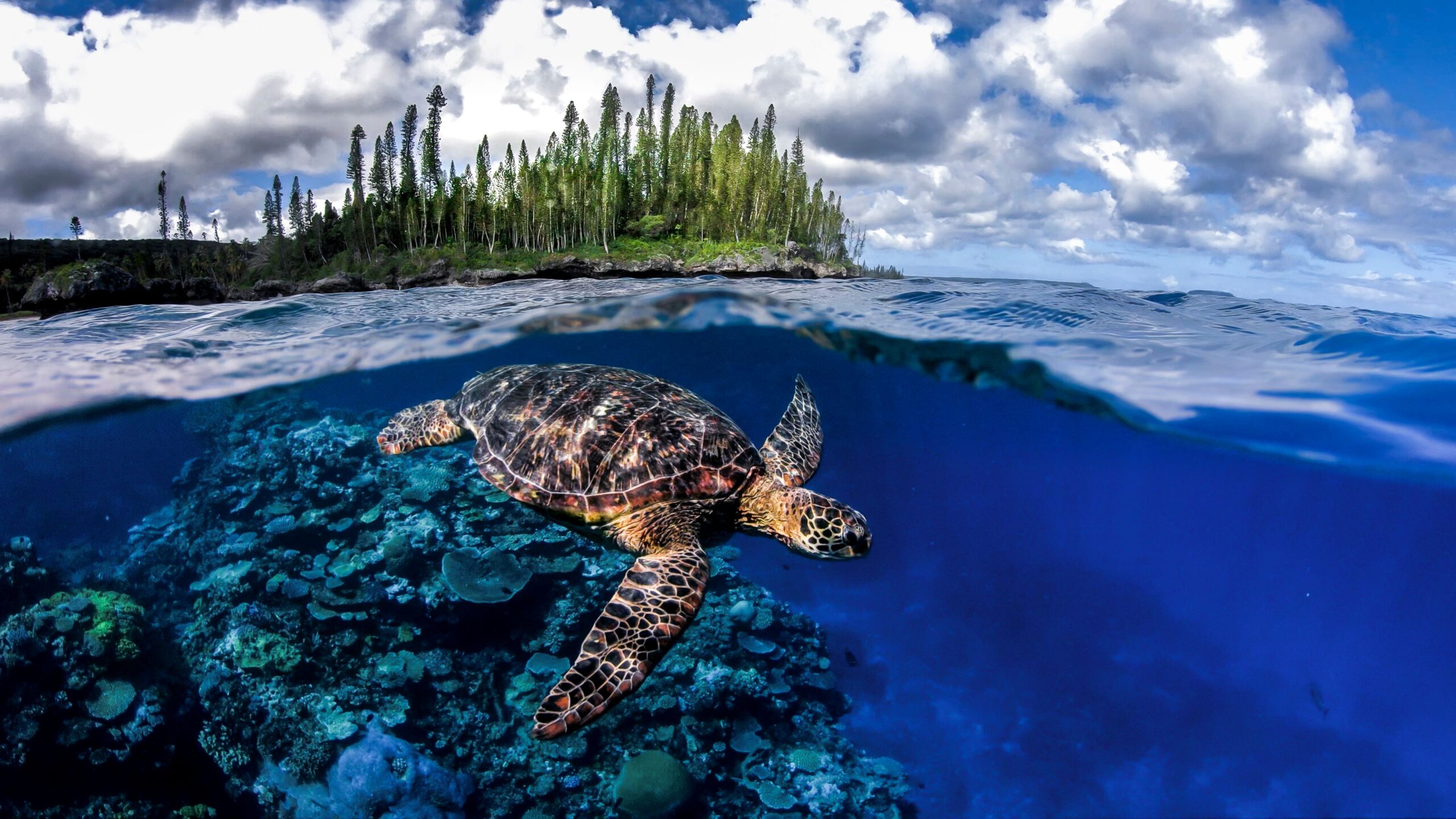
Pacific Island Living
July 16, 2020As we come through the toughest period in history for the travel industry, it seems fitting to focus on the positive, and show appreciation for some of the wonderful work being done by South Pacific resorts and tour operators to look after their precious surrounding environment.
Throughout Fiji, Vanuatu and Solomon Islands, there are many conservation programs, run by passionate individuals in the tourism industry, inspiring their guests to contribute. Here are just a few examples.
Likuliku Lagoon Resort (Ahura Resorts)
For 25 years, the critically endangered Fijian Crested Iguana was thought to be completely wiped out on the island of Malolo Levu in Fiji. Then on 13 October 2010, staff at Likuliku Lagoon Resort found an injured female on the resort, a discovery which triggered the property to spearhead a conservation program to save this iconic Fijian species.
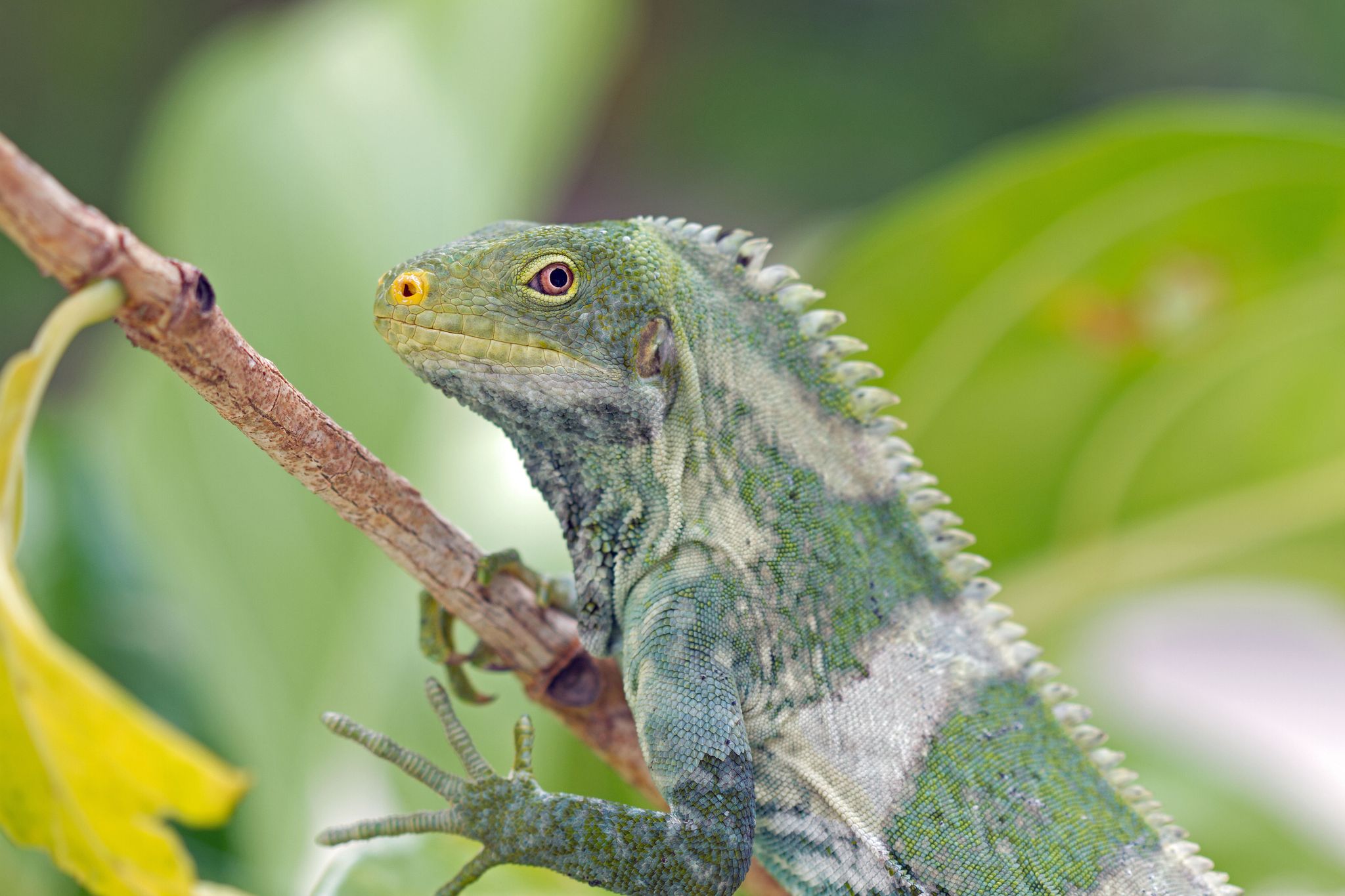
Over the next few years, several more individuals were found on the island and in collaboration with researchers from the United States Geological Survey, Taronga Zoo and San Diego Zoo, Ahura Resorts launched a program to save the island’s iguana population.
The program has overseen the eradication of feral species and the regeneration of the island’s tropical dry forest – the iguana’s natural habitat. Since the program started, more and more iguanas have been found on the island and the population appears to be growing.
The iguanas have proved an inspiration to resort staff, who now manage an ongoing habitat reforestation program on Malolo Island, managing a nursery of native plants to help stitch the forest back together. Since this program started in 2012, over 3,500 native trees have been planted and visitors to the resort have seen a surge in the numbers of iguanas, other native reptiles, and birds.
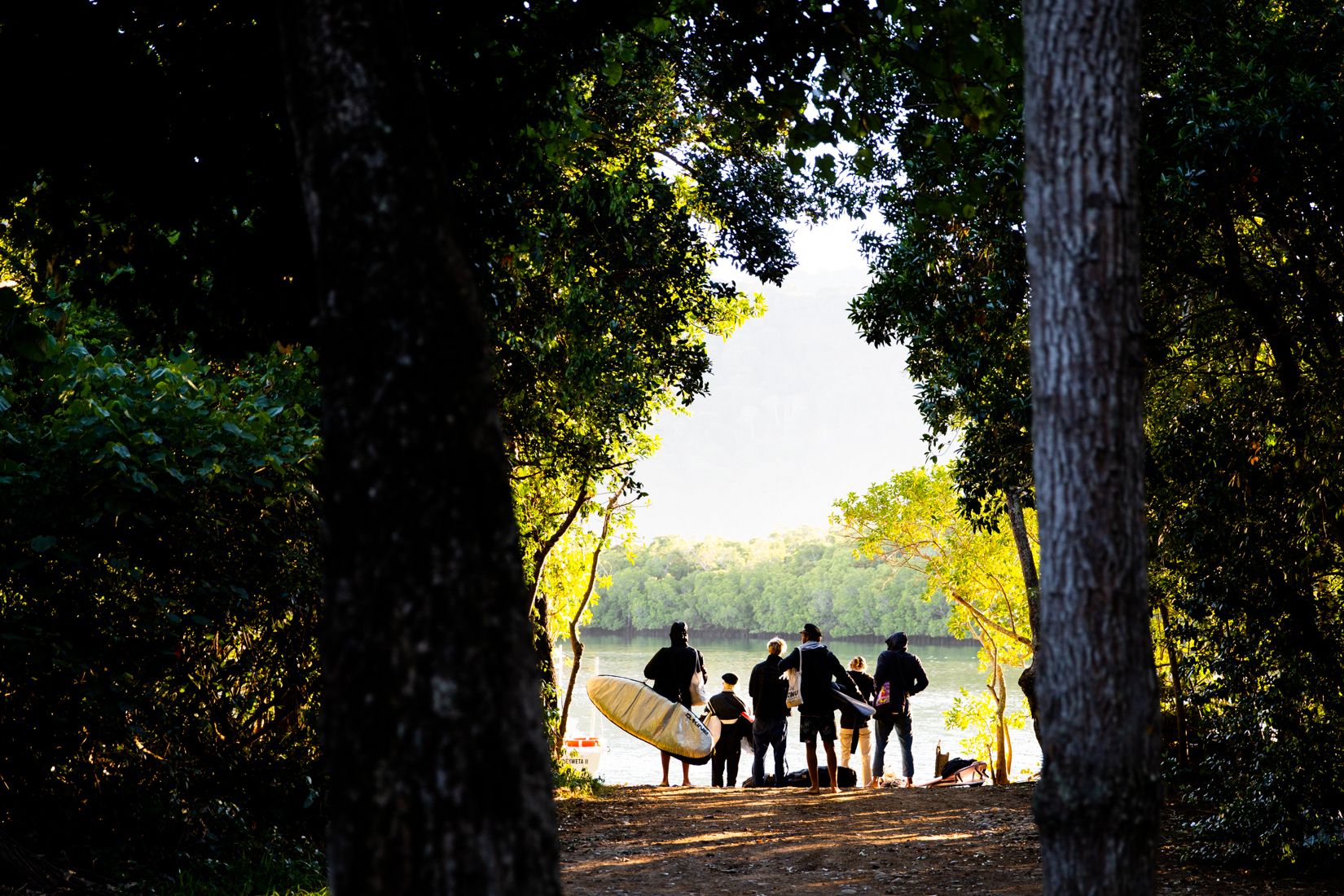
The resort’s stewardship now extends to the surrounding marine environment, with ongoing monitoring of water quality and biodiversity in the fringing reefs and periodic replenishing of two in-house coral nurseries.
How guests can help
Guests can take part in weekly Iguana Talks to learn about the program, and participate in monthly ‘Plant a Coral Day’ to help replenish the fringing reef.
Captain Cook Cruises Fiji
Small ship cruise company Captain Cook Cruises Fiji employs three marine biologists to help educate passengers about Fiji’s marine environment, and last year launched an ‘Ocean Ambassador’ program to help keep Fiji’s islands free of plastic debris.
The ship’s appointed Ocean Ambassador leads teams on beach cleanups, removing plastic waste from the remote beaches and villages visited on Captain Cook Cruises, at the same time educating villagers, and collecting valuable data about the types of waste found in the Fiji Islands.
After each cleanup the debris is sorted, with data uploaded to Tangaroa Blue, an Australian organisation that analyses data collected by volunteers at beach cleanups, which then works on solutions to stop the flow of litter at the source, providing – for government bodies and manufacturers – data that shows them where specific types of plastic waste have been found, so they can locate the source and find solutions.
According to Managing Director Jackie Charlton, “plastic pollution is a real threat to our oceans, and we have decided to act, to help clean up plastic waste on the remote islands we visit. It’s hard for some of the more remote villages to deal with plastic waste, so we’ve put our hands up to provide this service.”
How guests can help
Guests are encouraged to help staff pick up the rubbish at each beach and can also take part planting corals in the company’s coral nursery on Tivua Island.
Dive Munda and the Coral Sea Foundation
Dive Munda is a small dive centre in Solomon Islands’ Western Province, that is kicking big goals in sustainable tourism management. The dive centre, run by passionate ocean advocate Belinda Botha, employs 12 local dive guides and is responsible for training the Solomon Islands first ever female dive instructors.
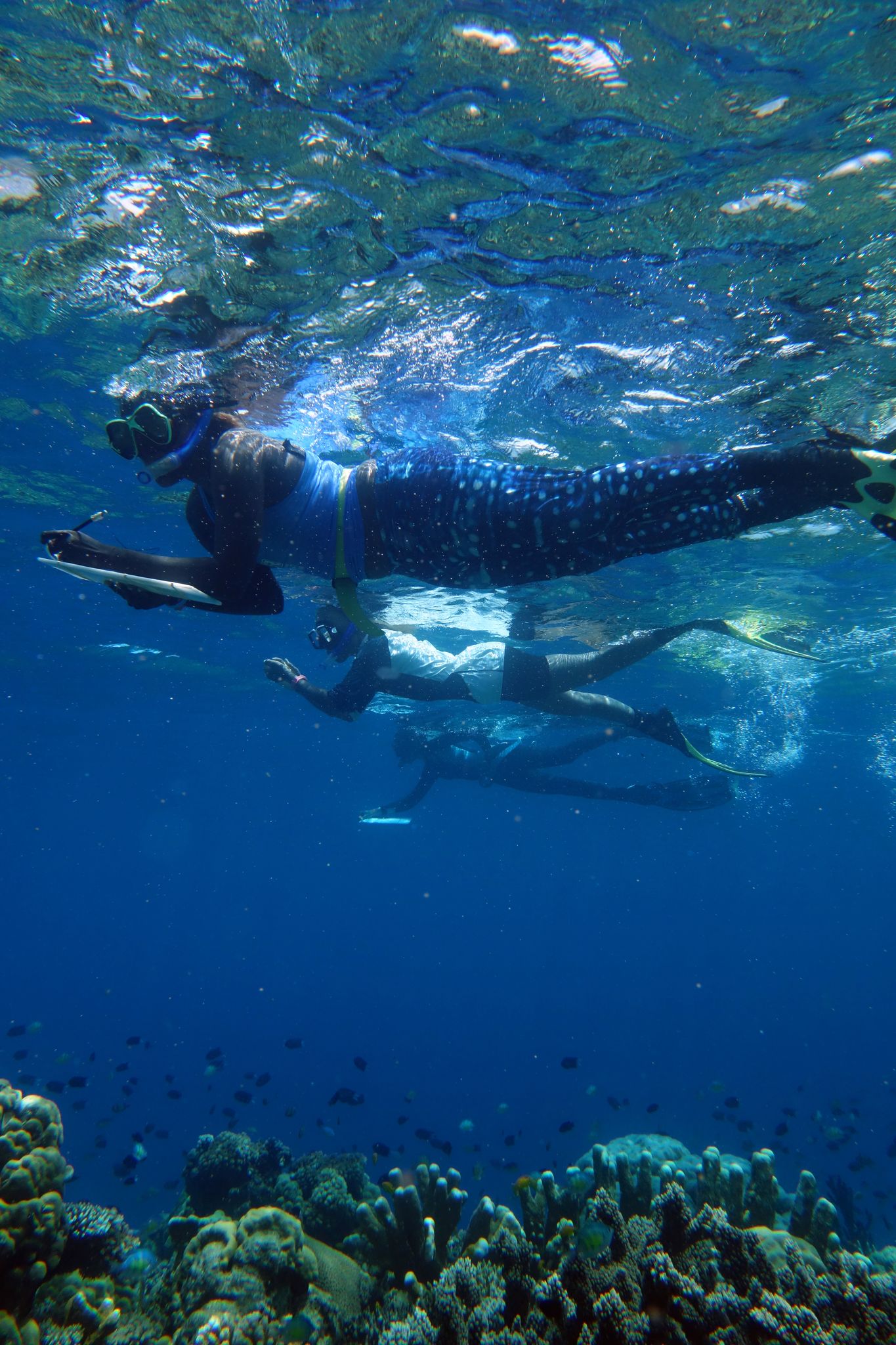
“Every responsible traveller visiting gives strength to the theory of sustainable eco-tourism. We strongly believe in educating and developing our local communities and people.”
With this ethos, Dive Munda has partnered with the Coral Sea Foundation’s Sea Women of Melanesia program. The program, established in Papua New Guinea by Dr Andy Lewis, CEO of the Coral Sea Foundation, aims to empower local women with the knowledge and skills to become custodians of their environment.
Each year, a group of local women is chosen to participate in a two-week intensive training program which includes training in conservation theory, scuba diving and marine biology survey techniques so they have the skills to communicate the need for marine reserves to their local communities and are able to identify areas suitable for marine protection areas for future conservation.
How guests can help
Guests are invited to join the 2-week course (for one week or two), attend the marine biology seminars and enjoy a diving and accommodation package that includes 12 dives per week. Proceeds from each package sold go directly to funding the program.
Nekweta Surf Camp and the Bwärä Marine Turtle Association
In 2006, Manu Hernu, the owner of Nekweta Surf Camp in Bourail, New Caledonia, discovered the number of nesting turtles in the region had dropped from 400 to 40 in just 20 years. To address this drastic decline, he spearheaded the Bwärä Marine Turtle Association initiative.
The association brings together a group of volunteers to help protect the turtles that come to lay their eggs, taking inventories of laying habits, watching over the nests and preserving the laying sites.
During the laying season volunteers check laying sites in the morning and in the evening, monitor egg laying and hatching. Preventive work is also done to minimise threats and disturbance to breeding turtles such as lights, dogs and human behaviour. Much of this is due to a lack of understanding in the local community, so volunteers also run educational programs with schools and tourists to raise awareness.
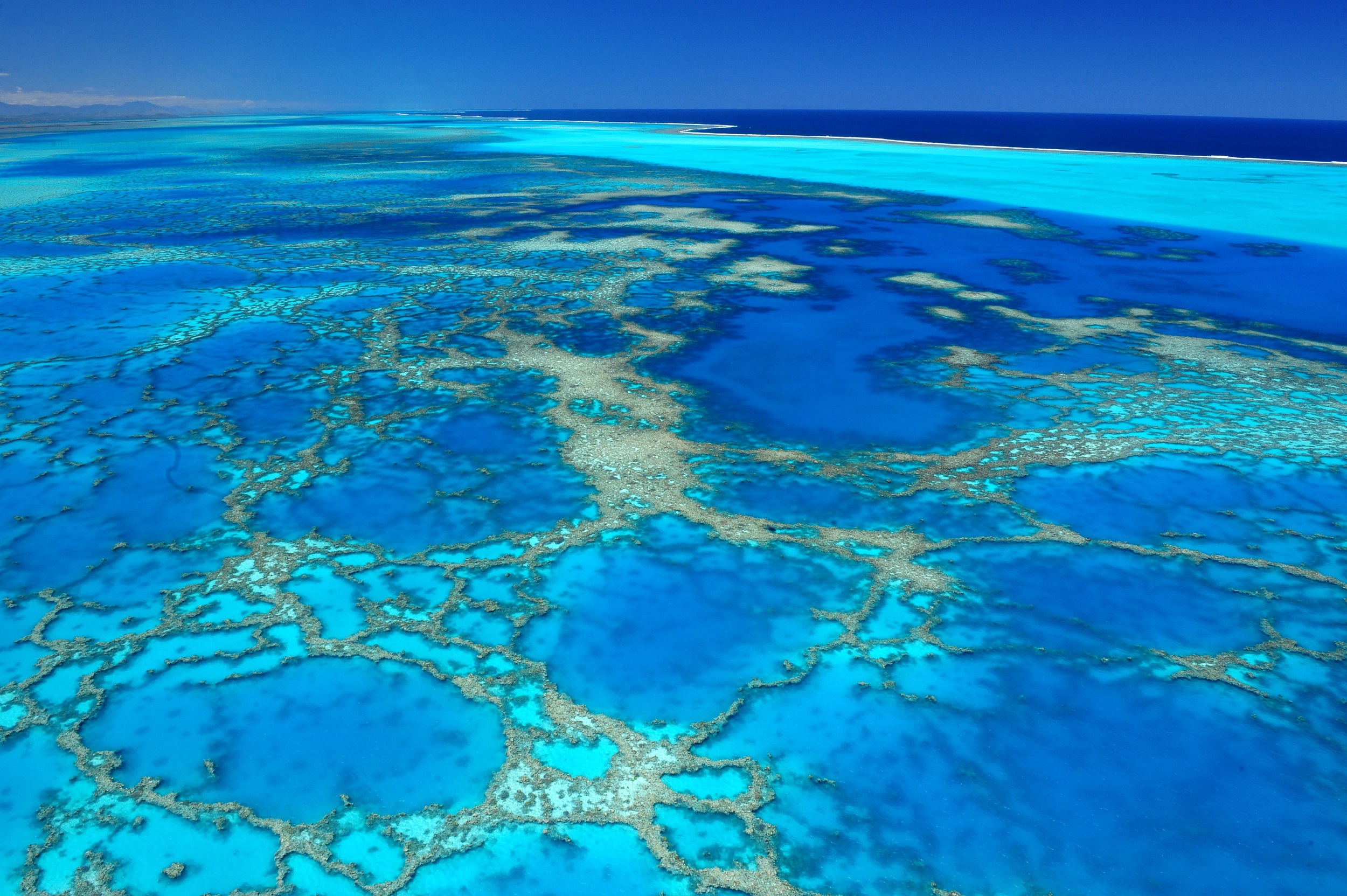
In addition, volunteers also do a lot of work to revegetate the beaches on which the turtles breed in Bourail and have created a sort of plant ‘barrier’ to isolate the beaches from homes and the road.
How guests can help
Between November and May, visitors to New Caledonia can visit the Bwärä team at the entrance to La Roche Percee to learn about the project.
Kokomo Private Island, Fiji
This exclusive private island is fortunate to have the deep pockets of its Australian owner, developer Lang Walker to access in its pursuit of the sustainability of its marine environment.
To ensure the island’s coral and marine life are preserved in pristine condition Walker, a committed conservationist funds the full time services of marine biologist Cliona O’Flaherty who is also a qualified dive instructor and recent winner of the ‘Sustainable Practices Champion’ Award at the Women in Travel Awards.
Cliona insists that the great advantage of working for an individual with a shared zeal is that decisions to advance the cause are made quickly and put into action much faster than traditionally funded academic research.
Cliona has set up a coral nursery to propagate species which are suited to warmer water, they are attached to ropes on a frame and allowed to grow for up to six months before being transplanted to the reef using an adhesive patty of cement and sand with the hope that 2000 corals will be transplanted this year.
In addition to the coral nursery, the island resort has partnered with the world’s leading manta ray research and conservation charities to launch the South Pacific Acoustic Manta Tagging Project.
Developed in conjunction with the UK-based Manta Trust and Manta Project Fiji, the tagging project – the first of its kind in the South Pacific – is led by marine biologist and dive master Luke Gordon who has spent over five years working in Fiji on various conservation topics. Together he and Cliona have implemented interactive practices on the island in order to educate guests firsthand on the importance of conservation.
Graceful, intelligent and curious, manta rays are familiar to resort guests throughout the year, with snorkelling encounters peaking in the period from April – September. Both species of manta ray are present in Kokomo’s idyllic waters, although each has been listed as vulnerable worldwide by the International Union for Conservation of Nature.
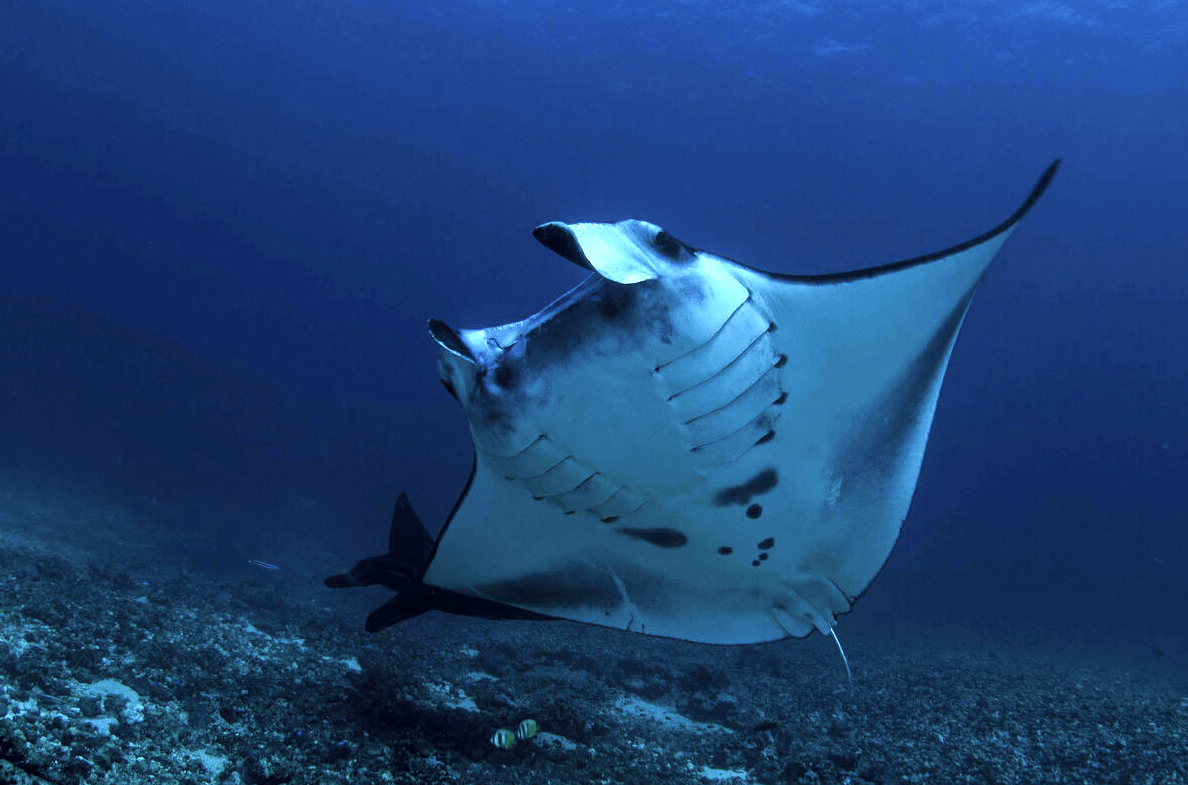
“The manta ray population here has had very little contact with humans which makes these gentle giants some of the most curious and playful mantas,” Project Leader, Luke Gordon said.
“The feeding aggregations [around Kokomo] are currently seen nowhere else in Fiji; being in the middle of a cyclone of 40-plus huge manta rays is an experience you will never forget.”
Since 2017 Kokomo and the Manta Trust has helped increase the size of the Fiji database by more than 60% and beginning in August 2019, the South Pacific Acoustic Manta Tagging Project aimed to tag 18 animals in its first season, with a network of 11 receivers placed around the island to record their movements.
Since 2017 Kokomo and the Manta Trust has helped increase the size of the Fiji database by more than sixty per cent with a network of 11 receivers placed around the island to record their movements.
The South Pacific Acoustic Manta Tagging Project is the latest entry in resort’s suite of environmentally focused sustainability programs. Apart from the coral preservation it builds on initiatives including mangrove reforestation, and a water-bottling plant that minimises single-use plastic.
How guests can help
As well as the incredible opportunity to swim among the ocean’s most majestic creatures, resort guests are offered the opportunity to adopt a manta ray by contributing to research efforts. Guests have the chance to name their ray and receive bi-monthly updates on their manta’s progress, including sightings and news from the team’s ongoing research.
– Craig Osment
© 2024 Pacific Island Living Magazine all Rights Reserved
Website by Power Marketing